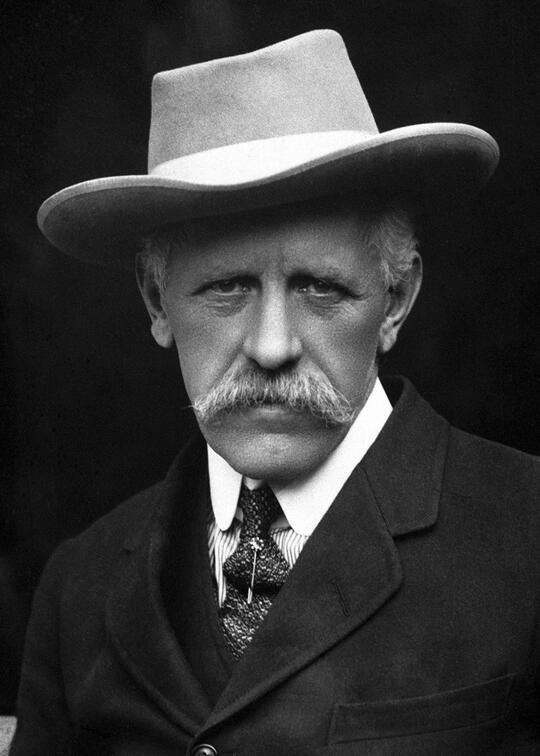1922
Fridtjof Nansen
for his leading role in the repatriation of prisoners of war, in international relief work and as the League of Nations' High Commissioner for refugees

Fridtjof Nansen (1861 - 1930)
Norway